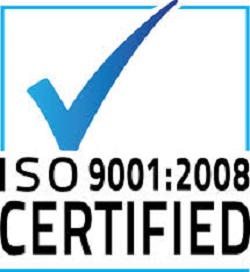


What's more, the volume of trading
rose enormously. While trading of 5 million shares was considered a hectic day on the New York Stock Exchange in
the 1960s, more than a thousand-million shares were exchanged on some days in 1997 and 1998. On the Nasdaq, such
share days were routine by 1998.
Financial Glossary
Acceleration
clauseA
stipulation in a loan contract stating that the entire balance becomes due immediately if other contract
conditions are not met.
|
Join our Linkedin Group
The GAFM ® Board is the 1st Graduate Certification Body to Become Accredited and Certified for: ISO 9001 Quality and ISO 21001 Training in the World. GAFM ® owns the former AAFM ® Certifications and Programs
|

Home About Certifications Board Register Recognition Requirements Providers Contact Us Contact Apply AFAPPC GetCertifiedPPC Benefits Chartered Wealth Manager News How To Use Stock Markets Training Calendar FINRA Application Reg. Payments About Old Events CWM Training Program News UBT University Business Technology Saudi Arabia Saudi Arabia - Certification Training Programs 2017 - University Business & Technology CEO Message Chartered Certified Economist Certified Financial Analyst FINRA SEC Chartered Wealth Manager Training Indonesia Malaysia Guides Informa GAFM Guides Jamaica Qualifying Degrees Global Advisors Membership Mission Ethics Governmental Recognition Links Handbook mfm Financial Planner Program Chartered Economist CCO Higher Institute IP List Become Provider Management Consulting Jobs TUV Accreditation CWM Chartered Wealth Manager Terms Financial Analyst Certification Copy of Certification Economics Certification Economics Degrees Management Degrees Finance Degrees Accounting Degrees Exams Renew Certification Awards Sample Honor Society Trademarks Careers Complaint Site Map Mentz George Mentz Lawyer Mentz George Colorado USA Speaker Consultant AFA ® Accredited Financial Analyst Certification CTEP ® Trust and Estate Certification CIPM ® Certified International Project Manager CWM ® Chartered Wealth Manager ® AMA ® Management Accountant Certification AMC ® Management Consulting Certification MMC ® Management Consulting Certification Book






